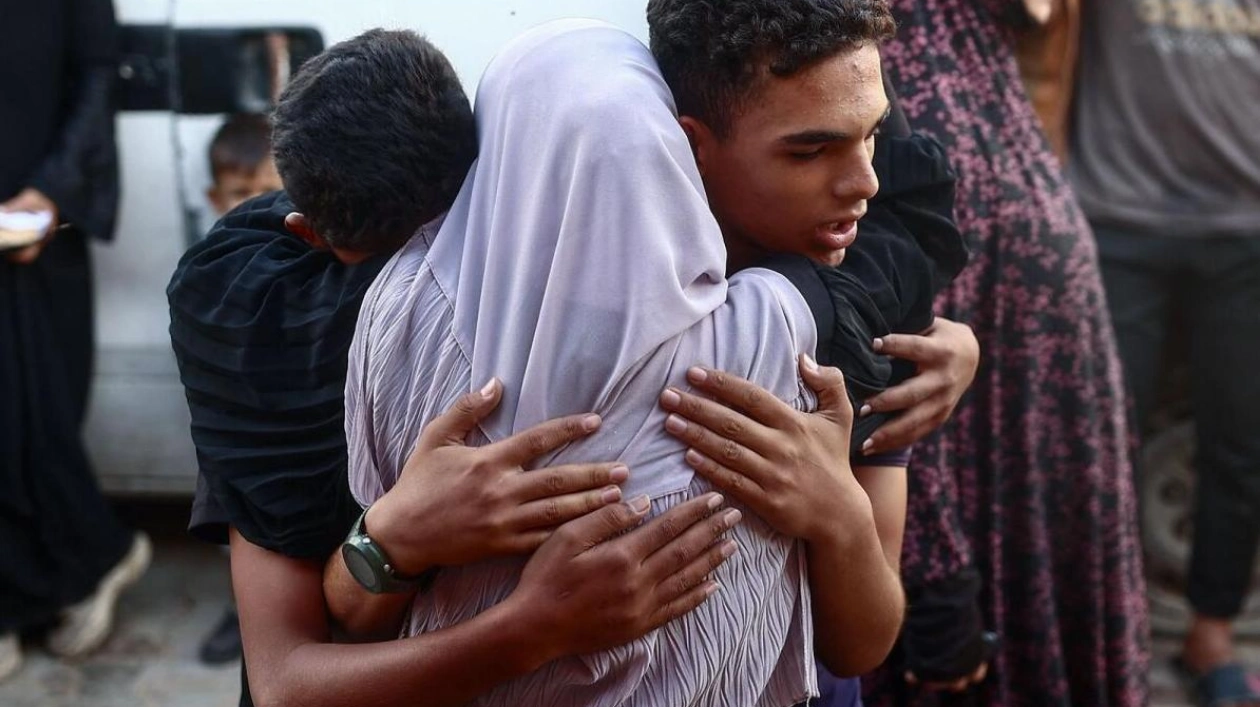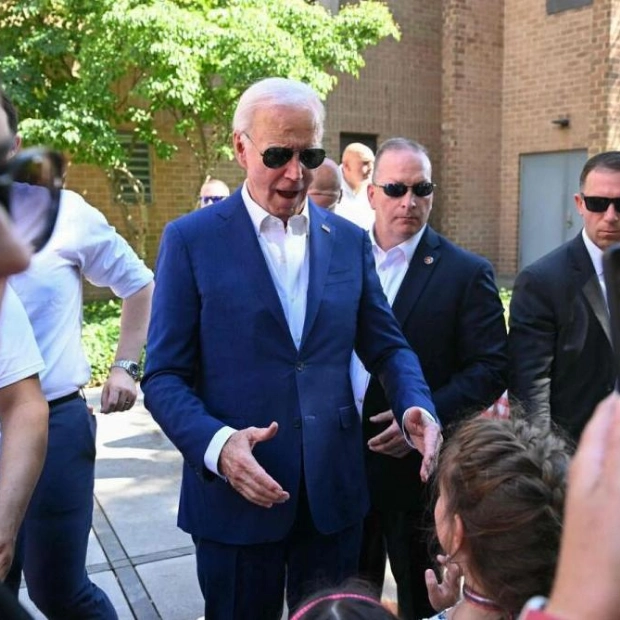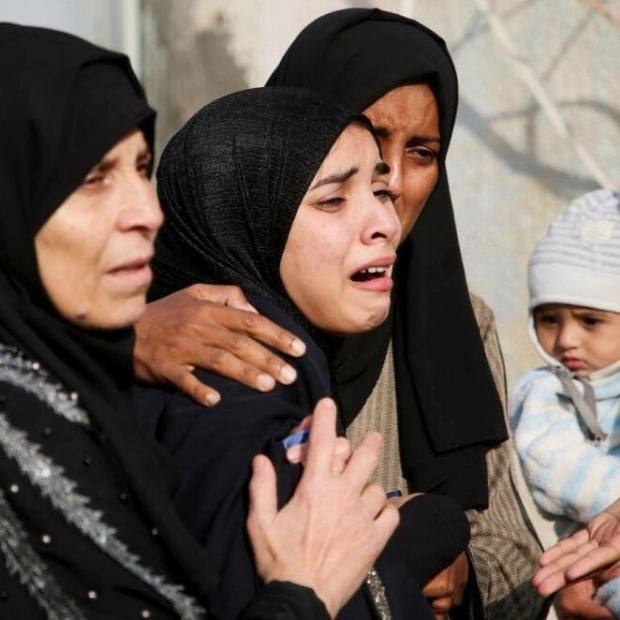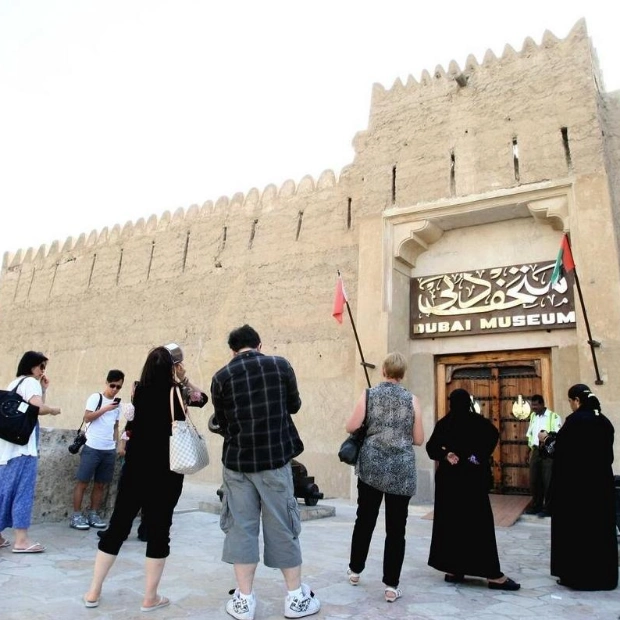Israeli forces carried out two strikes on Monday in the central Gaza Strip, resulting in the deaths of at least 10 Palestinians, including four children, according to medics. The ongoing assault in Gaza, which has persisted for nearly a year, continued despite the shifting international focus to the conflict in Lebanon and northern Israel involving Hezbollah militants and Israel.
Palestinian health officials reported that at least five Palestinians were killed at a school in Nuseirat, one of Gaza's eight historic refugee camps, which was sheltering displaced Palestinians. The Israeli military claimed it targeted a Hamas command center located within a compound that had previously functioned as a school.
Later on Monday, an Israeli airstrike on a house in Deir Al Balah, where a million people have sought refuge, resulted in the death of a woman and four children, according to medics. The Israeli army did not immediately comment on this incident.
Hamas' armed wing announced on Monday that its fighters had successfully lured a convoy of Israeli vehicles into a well-prepared ambush on the supply line of Israeli forces east of Rafah city. The ambush involved the use of anti-tank rockets and pre-planted explosive devices. The Israeli military did not immediately respond to this claim.
Heavy rains overnight exacerbated the plight of Gaza's displaced residents, as downpours flooded tents, washed some away, and forced families out of their sleep. Some residents placed water buckets on the ground to protect mats from leaks and dug trenches to drain water away from their tents. The cost of new tents and plastic sheeting to prevent leaks surged.
Ahmed Al Burai, 30, described how people made their tents from used sacks of flour, worn-out clothes, and nylon bags. He said that as soon as it rained, the water and wind blew many tents away and flooded others. "Everything is drowned, the blankets, the food, and the people in just a few hours of rain," Burai told Reuters over the phone from Al Mawasi, a humanitarian-designated area in the southern Gaza Strip.
Most of the displaced residents cannot afford the new prices of tents and plastic sheeting. Just two days ago, the price of plastic sheeting ranged from 100 to 200 shekels ($27 to $54), but today it has risen to 700 and 800 shekels ($189 to $216) due to merchant greed, according to Burai.
The UN Palestinian refugee agency, UNRWA, emphasized the need for more shelters and supplies to help people cope with the coming winter. "As autumn begins, plastic and fabric are not enough to protect people against the rain and the cold," the relief agency posted on X.
Most of Gaza's 2.3 million residents have been displaced in nearly a year of warfare, as Israeli air and artillery strikes have reduced much of the Palestinian enclave to rubble. According to the Gaza health ministry, more than 41,300 Palestinians have been killed in the Israeli assault.
The war, the deadliest bout in the decades-old Israeli-Palestinian conflict, was triggered on October 7 when Hamas militants attacked Israel, killing 1,200 people and taking about 250 hostage, according to Israeli tallies.






